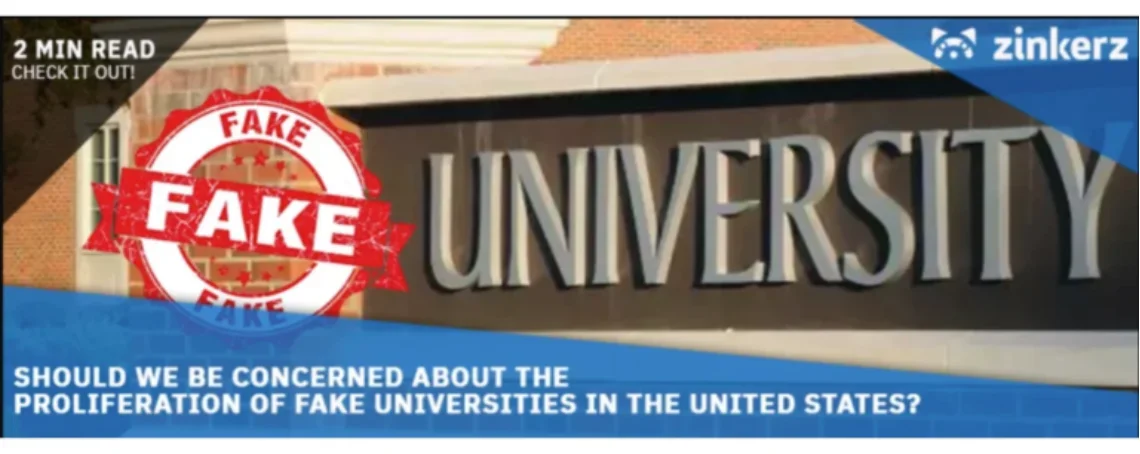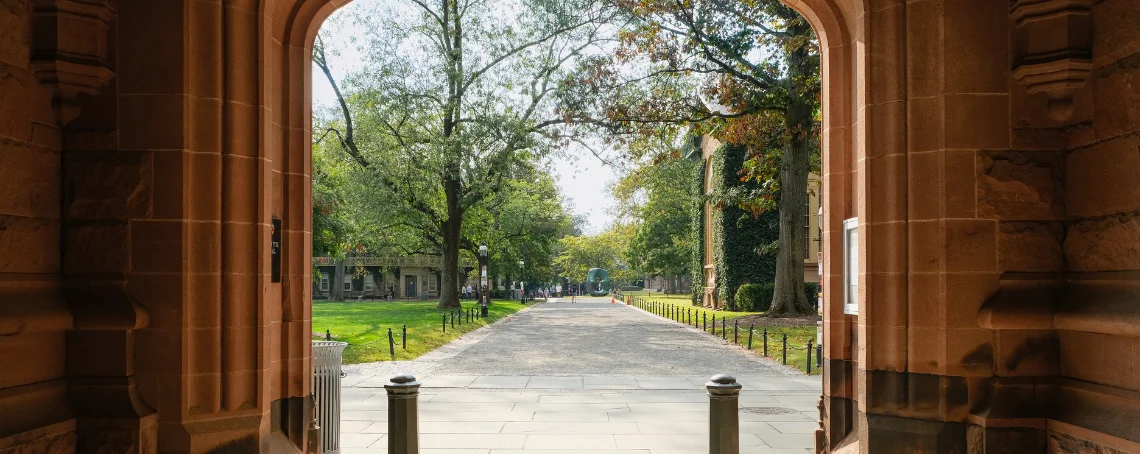Say what you want about Bernie Madoff, but he made a lot of money by employing a Ponzi scheme in the mid-2000s. People will create a litany of schemes to get rich quickly, from Madoff’s strategy to selling pet rocks or even emailing grandparents under the guise of being an indebted Nigerian prince who needs Amazon gift cards. Subscribers to Thomas Hobbes will agree that humans are intrinsically bad-natured and selfish. As we enter college application season, people worldwide have upped their games to get rich quickly and attempt to prove Hobbes right.
Essentially, a college is an institution that instructs students in more advanced topics than the regulated curriculums of high schools. However, this does not mean colleges and universities can teach students whatever they want; you won’t find a course at Boston University centered on the idea that birds are spy drones for the government and their “migrations” are a cover-up for federal agents to change their batteries. There needs to be some accredited curriculum — that is, an unbiased organization needs to do a background check on what is being taught — for the degree to be acknowledged in whatever industry it applies to.
An article from The Tribune in India details this new scheme: creating fake colleges and universities—some even collect application fees, having no institution or education to offer students. India’s UGC has identified twenty-one institutions around the subcontinent that give out illegitimate degrees (meaning that the state does not recognize the curricula being taught) or steal money. Their acceptance rates of 0% may be lower than that of Harvard or Stanford, but they’re dangerous scams that cannot deliver on what is being promised. As the educational version of Harry Markopolos, we at Zinkerz are here to alert students to the potential risks of applying to colleges.
It’s always a good idea to do research before committing.
You’d look up a new restaurant on Yelp to see how many stars they have; that experience is just for an hour or two. If you’re going to commit to a new home and school for four years or more, you would want to do more research than just reading quotes from alums. Look up what facilities the school offers its students, how experts rank the schools against similar institutions, and, if possible, try to visit the campus. If a school’s website is toting its “new state-of-the-art trading room,” but it’s nowhere to be found in the economic building on campus, this may not be where you want to attend. Even if you’re thinking of attending an online school, such as DeVry University or the University of Phoenix, scroll through what their curriculum offers. Becoming a chemist through these schools may not be recommended, since we can assume that they do not equip your house with a chemistry lab.
Alums willing to give a quote the university finds worthy enough to put on their website as an advertisement may not be a good enough reason to attend that school. What are they going to publish? The list of alums who would have instead gone somewhere else? That seems like a poor marketing strategy. But examining a list of alums who attended the school can be a valuable strategy to understand the prestige of a school.
A university may not be legit if the list is all minor league baseball players or the names of royal family members. Not that schools that admit royalty are baloney. Still, royal families have unimaginable amounts of money—they may pay somewhere to give their child a degree so they can say publicly that they are a graduate (and nothing against MiLB players, that just seemed funny).
If you’re looking to become an author and study literature, then a school with alums like Steinbeck, Dickinson, and Bronte may rise in your rankings of preferability.



